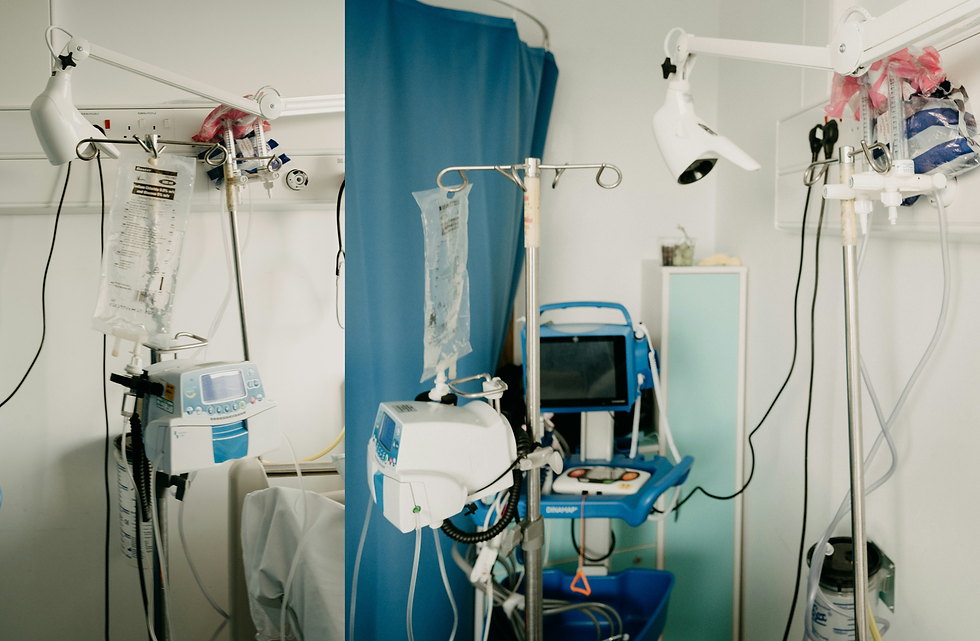Hospital Access Challenges: Panel Report
- Beth Loring

- Apr 5, 2017
- 2 min read
Updated: Dec 15, 2025

Last month at the 2017 International Symposium on Human Factors and Ergonomics in Health Care I organized a panel discussion to talk about the difficulties that human factors researchers have with gaining access to healthcare facilities to conduct research. After the symposium, I documented the results of the discussion with the help of the panelists. A summary slide presentation is posted on the symposium website, and also on my publications page.
The panelists were:
Keith Karn, Principal, Human Factors in Context LLC
Mary Beth Privitera, Principal, Human Factors & Research, HS Design, Inc.
Stephen B. Wilcox, Principal, Design Science
Ryan McDowell, Director, Office of Research Integrity, Children’s Mercy Hospital – Kansas City
Susan Feldman, Patient Safety Program Manager, Quality and Safety, Children’s Mercy Hospital – Kansas City
Here are the key take-aways:
Always go through the right channels when trying to gain access to medical facilities. This typically means going through the internal review board (IRB) and/or the Office of Patient Safety.
Each facility’s requirements and procedures differ, so do your homework and then call the IRB.
Human factors practitioners should use language that hospital administrators understand.
Do not say you’re conducting research, say you’re conducting a quality improvement study.
Offer to share the data with the facility so they benefit as well (up to but not including intellectual property).
Plan on a minimum of eight weeks for the approval process. Double-blinded studies can take twice as long.
Factors affecting the difficulty of approval include:
Whether or not the patient is awake (it’s harder if they are awake)
How many hospital departments will be involved
What types of data you are collecting (it’s harder if you need access to electronic medical records (EMRs) for example.
Gaining access in Europe is generally easier than the US.
Avoid expensive fees charged by hospitals by explaining it is not a clinical trial, and also consider partnering with a faculty member as the primary investigator.
And some potential next steps:
Share the insights from this panel to educate other HF practitioners about best practices and what to expect when trying to gain access to medical facilities. (Done!)
Consider developing and publishing best practices for HF practitioners to follow when trying to gain access to medical facilities.
Consider developing some templates with wording that HF practitioners can use when educating the people in the hospital about why we’re there, what we’re doing, and why it’s important.
Consider approaching the FDA about publishing a guidance document on the importance of conducting user research in clinical settings.
We also prepared a formal proceedings paper with additional detail (pretty much a complete transcript) for those who are interested. That will be published by HFES in June, 2017.
If you’re interested in this topic and participating in the next steps, please contact me.




Comments